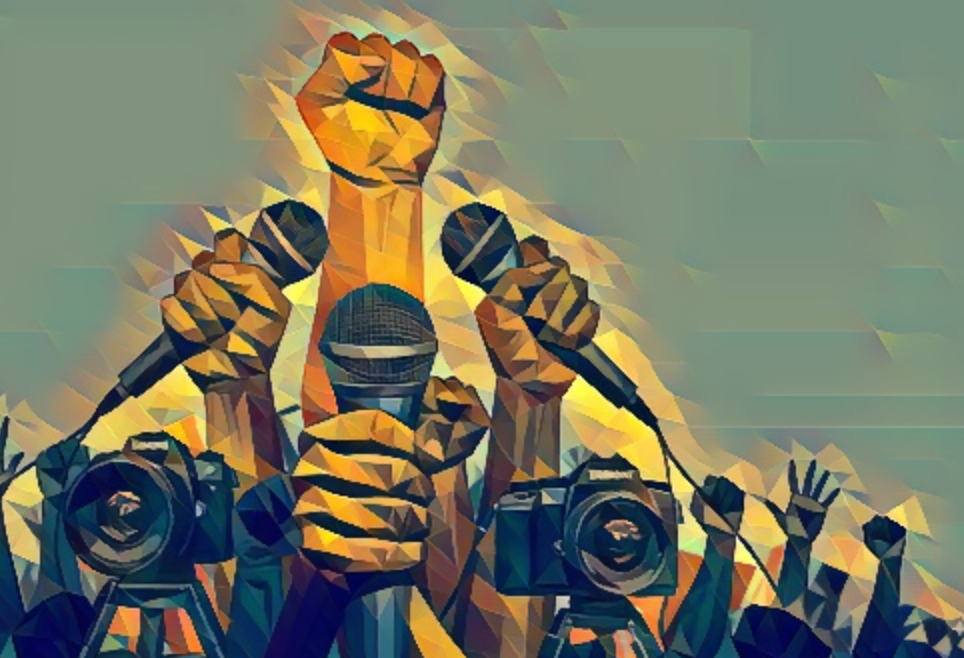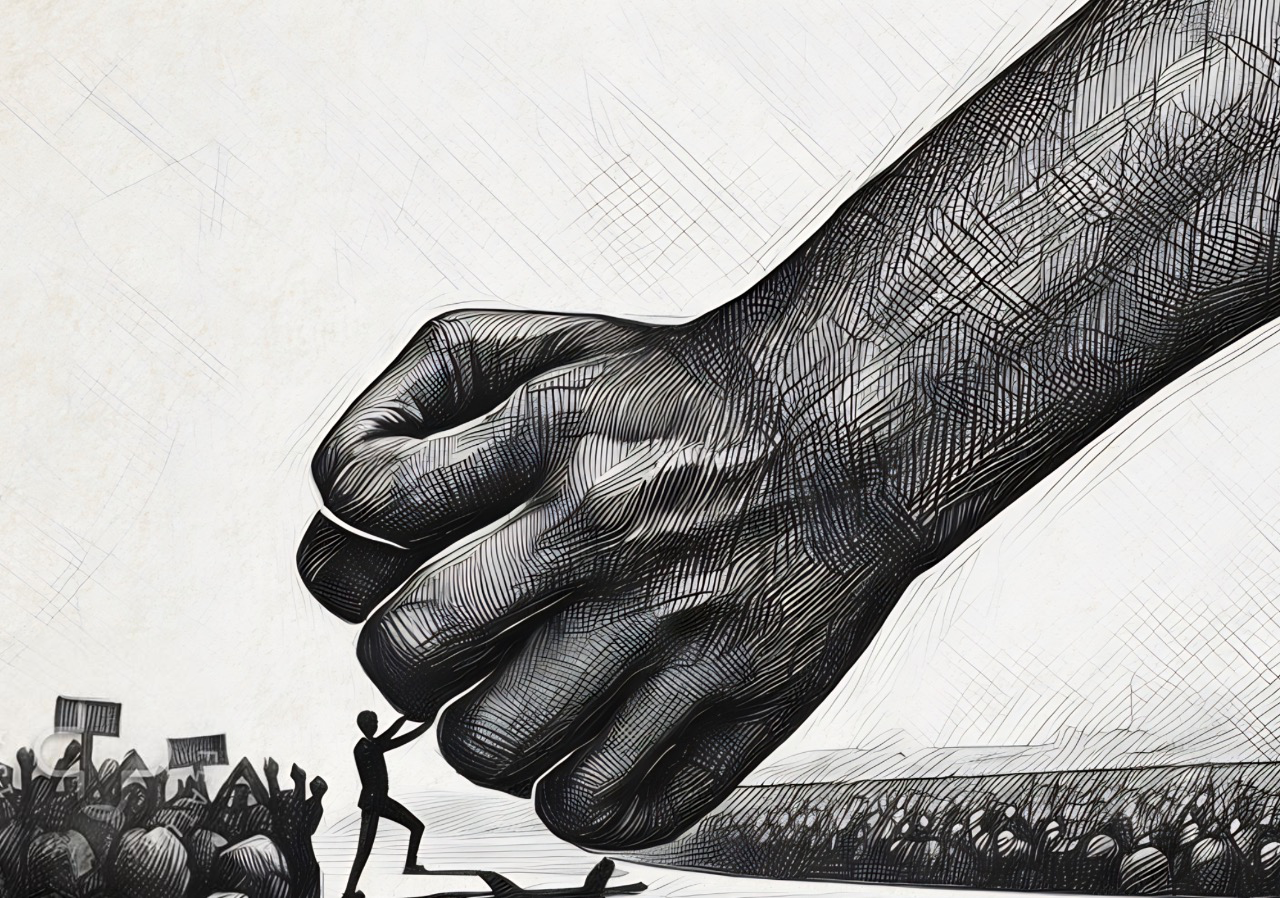Democracy on the Line: Tarique Rahman, media freedom, and the troubled legacy of BAKSAL’s suppression of press
-685120978b0eb.jpeg)
On June 16, 1975, Bangladesh crossed a dangerous threshold. What had been a turbulent but pluralistic democratic experiment gave way to something far more brittle: a one-party state.
Under the banner of BAKSAL, Sheikh Mujibur Rahman dissolved political opposition and, in a move that sent shockwaves through the nation’s fragile civic institutions, stripped the press of its independence.
Only four newspapers–each aligned with the ruling regime–were allowed to continue publishing. Hundreds of journalists lost their jobs. Their voices were silenced. The country’s most vital democratic institution was gutted overnight.
That date, nearly five decades later, still casts a long shadow. Recently, Tarique Rahman, the acting chairman of the Bangladesh Nationalist Party (BNP), referred to June 16 as a “black day” in a speech that has reignited conversation about the enduring vulnerabilities of press freedom in Bangladesh.
He framed the events of 1975 as part of a continuing pattern instead of an isolated episode, where authoritarian tendencies, both past and present, undermine the right to dissent and the independence of journalism.
His remarks warrant serious attention, not just for their historical resonance, but for their contemporary relevance. Around the world, and in Bangladesh, freedom of expression is increasingly under siege.
Revisiting 1975 is essentially a reminder of what is at stake when democratic principles are traded for political expediency.
The fact is, the founding vision of Bangladesh was never solely about national borders. The war of 1971 was, at its core, a moral struggle–for justice, for equity, and for the right to speak without fear.
A free press was understood to be essential to that vision. In a healthy democracy, the media serves both as a mirror–reflecting the complexities of public sentiment–and as a megaphone, giving voice to critique.
George Orwell captured this well: “Freedom of the press, if it means anything at all, means the freedom to criticize and oppose.”
That freedom was extinguished under BAKSAL. And while some argue that Sheikh Mujib’s decision was driven by the chaos of a newly independent state, history teaches us that necessity is a dangerous excuse for authoritarianism.
John Stuart Mill warned against the “tyranny of the majority,” noting that suppressing dissent ultimately suppresses the very possibility of truth.

Why is upholding the free press
important?
Tarique Rahman’s speech also cast a critical light on the continuity of authoritarian tendencies from one generation to the next.
He drew a direct line between Sheikh Mujibur Rahman’s concentration of power and what he described as a more sophisticated version of the same impulse under his daughter, Prime Minister Sheikh Hasina.
This modern-day centralization, he argued, is masked by the rhetoric of electoral legitimacy and legal reform. Chief among the instruments of control are the Digital Security Act of 2018 and its updated iteration, the Cyber Security Act of 2023–laws that, in effect, codify censorship.
These concerns are not limited to domestic critics. International organizations have raised repeated alarms.
Reporters Without Borders currently ranks Bangladesh 165th out of 180 countries in its 2024 World Press Freedom Index. In its assessment, the government’s use of digital legislation has created a hostile climate for journalists, with vague and sweeping provisions used to suppress reporting deemed politically inconvenient.
The consequences have been deeply personal and politically chilling. Under the Digital Security Act, journalists were jailed for social media posts, cartoonists detained without formal charges, and editors silenced through threats or forced exile.
The legislation’s imprecise wording–prohibiting content that is “false” or “offensive”--has served less as a shield for public interest and more as a weapon for state repression. Rahman described this as a “fortress of fear,” where speaking the truth is treated as subversion.
While the fall of the Awami League government on August 5 has introduced a fragile sense of possibility, the infrastructure of repression remains intact. As Rahman pointed out, real press freedom is not restored with a single political turnover.
Dismantling the machinery of surveillance, intimidation, and institutional control is a longer, more deliberate process—one that demands a renewed commitment to transparency, media independence, and democratic accountability.
Around the world, the freedom of the press remains an essential gauge of democratic vitality. As Nobel Laureate Maria Ressa has warned, “Without facts, you can't have truth; without truth, you can't have trust; without trust, we have no shared reality, and democracy as we know it will collapse.”
Bangladesh’s democratic future will depend on building a media landscape where truth is not just tolerated—but protected.

The fourth estate’s necessity
Tarique Rahman’s speech also invoked a pivotal chapter often left out of Bangladesh’s dominant political narratives: the reintroduction of multiparty democracy under President Ziaur Rahman.
Whatever one’s stance on his broader legacy, it remains historically incontestable that Zia reversed many of the restrictions imposed under BAKSAL–reviving press freedoms, enabling political competition, and reopening the public sphere to a plurality of voices.
His reforms arguably laid the foundation for the more vibrant media landscape that would emerge in the late 1980s and into the early 1990s.
But that openness was never deeply rooted. Successive governments, regardless of ideology, have treated the media less as a democratic partner than a tool–touting it when convenient, attacking it when challenged.
This cycle reflects a deeper structural issue: a political culture that too often equates dissent with disloyalty. In this sense, Rahman’s remarks go beyond partisan critique; they pose a broader question: can Bangladesh break from a legacy where power fears scrutiny?
The "imprisonment of thought," as he describes it, is not a rhetorical flourish. It is a lived reality when reporters are jailed, threatened, or worse–for doing the essential work of journalism.
The chilling effect is unmistakable: truths that challenge authority are often the first to be silenced. As Malcolm X once observed, “The media’s the most powerful entity on earth.” That power, if unchecked by freedom and fairness, can be turned against the very people it should inform.
The choice before Bangladesh is stark: to be governed by accountability or opacity, by dialogue or decree. Press freedom is not the domain of any single party–it is the precondition for any meaningful democracy.
As the American journalist A.J. Liebling once remarked, “Freedom of the press is guaranteed only to those who own one.” In today’s digital era, where nearly everyone holds a publishing tool in their pocket, the state’s role must be to protect that freedom, not to police it.
Bangladesh stands at a moment of profound reckoning. The echoes of June 16, 1975, have not faded, but history need not repeat itself. In every silencing, there is a potential for resistance.
And in every truth denied, there is another waiting to be told—louder, clearer, and more necessary than ever.
—
Writer- H. M. Nazmul Alam is an Academic, Journalist, and Political Analyst based in Dhaka, Bangladesh. He can be reached at [email protected]

